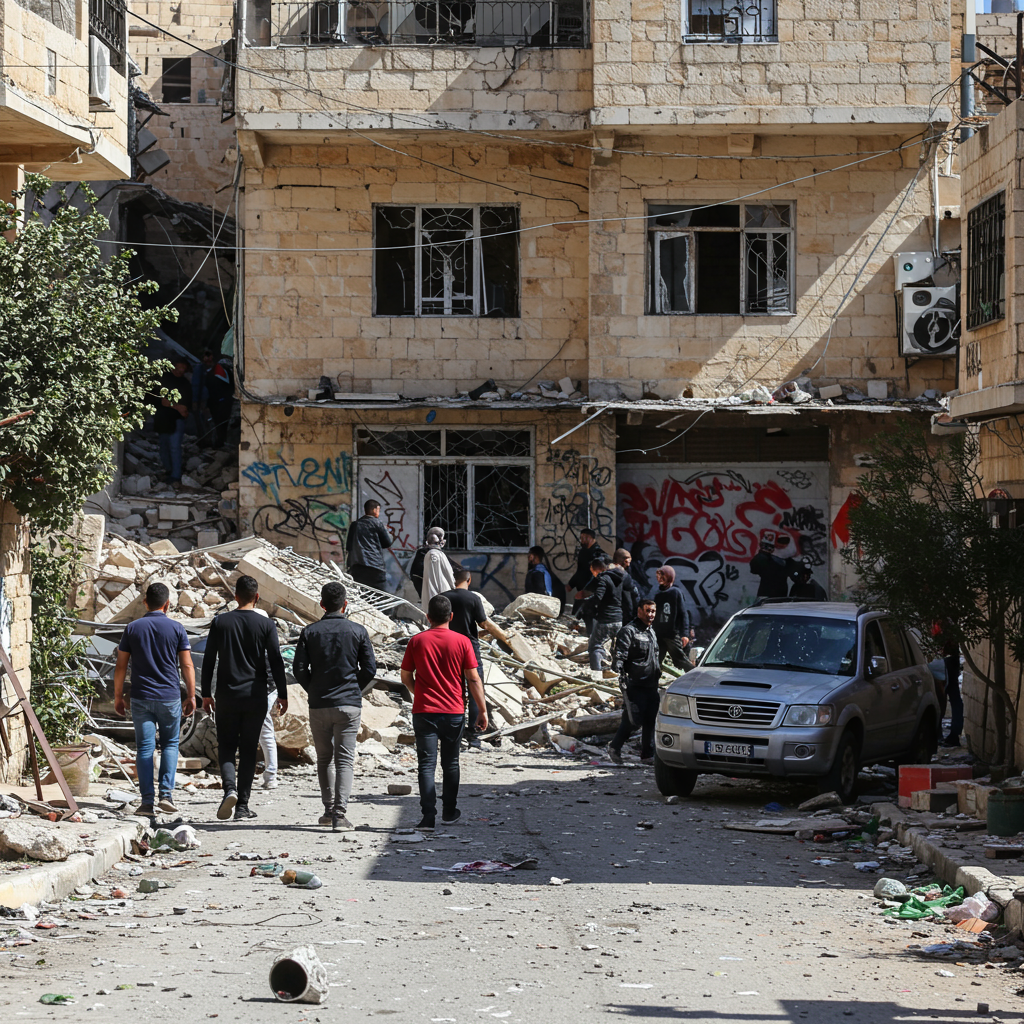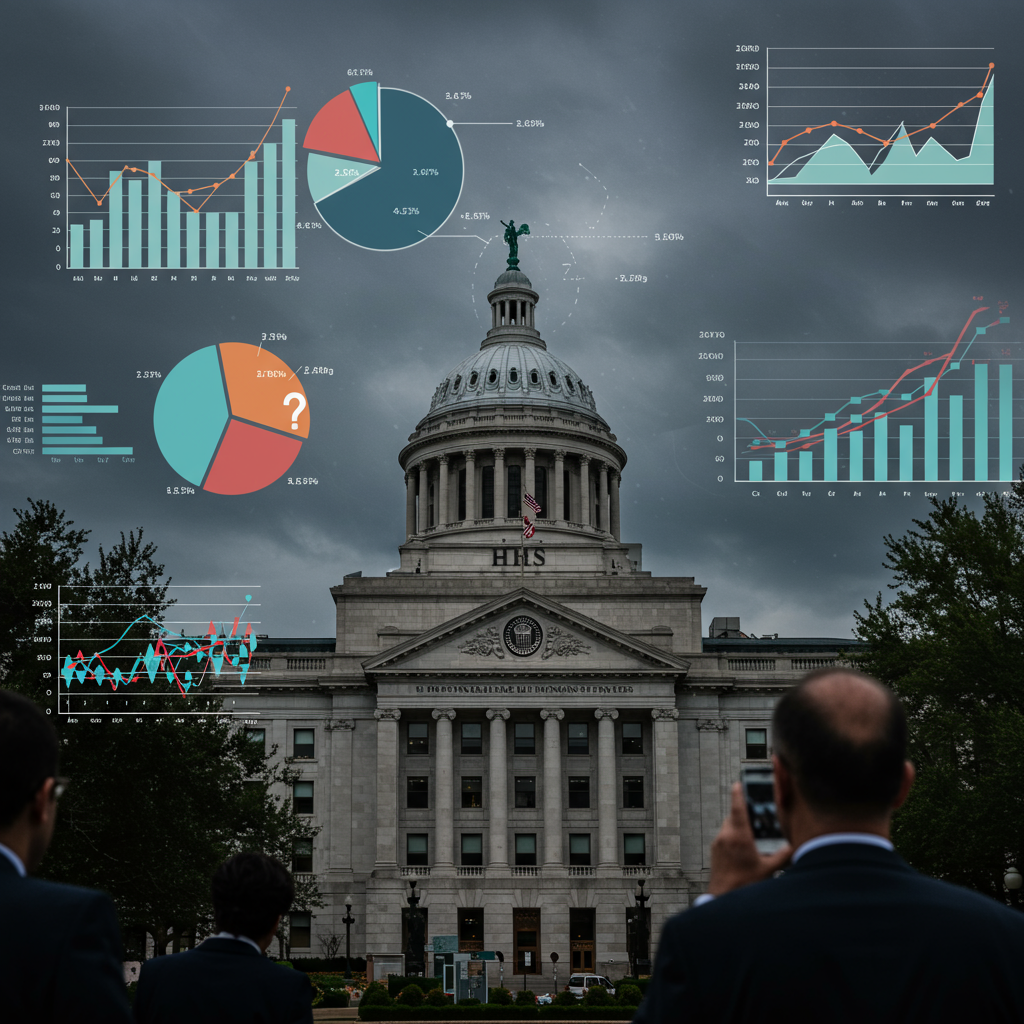Escalating tensions and a surge in violent incidents across the West Bank are raising urgent concerns. Recent events, including deadly shootings and the destruction of Palestinian property, highlight a critical situation. Critics are increasingly using stark language, describing the unrest as a “quiet pogrom” unfolding with perceived state inaction fueling the crisis. This period sees not only conflict between settlers and Palestinians but also unprecedented confrontations between israeli settlers and the Israeli military, underscoring a complex and volatile dynamic rooted in the presence of settlements and the ongoing occupation.
Rising violence: Incidents Fueling Concerns
The past week has witnessed a series of alarming events in the West Bank. In the village of Kafr Malik, settlers reportedly set fire to Palestinian property. Separately, Israeli soldiers shot and killed three Palestinians in the same village. These incidents add to a pattern of violence impacting Palestinian communities.
Beyond attacks targeting Palestinians, a disturbing new trend involves aggression directed at Israeli security forces. In the Binyamin region of the central West Bank, dozens of settlers recently attempted to breach an IDF brigade headquarters. This brazen action followed an incident where a 14-year-old settler was shot, and the IDF is investigating whether an Israeli soldier was responsible during an altercation near the Kochav HaShachar settlement. Military sources confirmed the settler gathering turned violent, with participants allegedly attacking security personnel, using pepper spray, and vandalizing military vehicles.
Further underscoring the growing friction, settlers also reportedly assaulted IDF reservists in a separate incident. Such attacks on the military tasked with security in the area signal a deepening schism and a challenge to authority. While Israeli officials, including the Prime Minister and Finance Minister, have condemned attacks on IDF forces, critics note a perceived lack of equally strong condemnation or effective action regarding violence perpetrated by settlers against Palestinians. This disparity in response is a key element in the strong critiques emerging about the situation.
Why the Term ‘Pogrom’? Understanding the Critique
The characterization of current events in the West Bank as a “quiet pogrom” by some observers, particularly in editorial commentary, is a powerful and controversial claim. This term historically refers to violent riots aimed at the massacre or expulsion of an ethnic or religious group, often with the implicit or explicit complicity of state authorities.
The use of this term in the West Bank context stems from a sharp critique regarding the role, or perceived lack thereof, of Israeli authorities and military forces in preventing or halting settler violence. Critics argue that the military or police are at times passive when Palestinians or their property are attacked, effectively allowing harmful acts to occur. This alleged passivity, whether due to policy, inability, or unwillingness, is seen by some as a form of complicity that facilitates the violence, drawing parallels to historical pogroms where state forces failed to protect targeted populations.
Concerns have been raised that the inability or unwillingness of the IDF to adequately protect civilians under its jurisdiction contributes to a breakdown of order. The argument is made that when settlers act with impunity, potentially believing there are no restraints, it emboldens further aggression. This perception of state tolerance or ineffectiveness in holding perpetrators accountable is central to the severe accusation that a “quiet pogrom” is in progress.
The Settlement Factor and international Law
A fundamental backdrop to the violence in the West Bank is the existence and expansion of Israeli settlements. These settlements are built on land captured by Israel in 1967 and are a continuous source of tension and conflict with the Palestinian population. Their legality under international law is a deeply contested issue.
Adding significant weight to the international perspective, the International Court of Justice (ICJ) recently issued an advisory opinion addressing the legal consequences of Israel’s policies and practices in the occupied Palestinian territories. The court’s finding was clear: the Israeli occupation is “unlawful,” and Israel “must end its presence.” Specifically, the ICJ ruled that Israeli settlements in the West Bank and East Jerusalem, along with the associated regime facilitating their existence, violate international law.
The ICJ’s advisory opinion stipulated that impediments to ending the occupation must cease. It called for the evacuation of all settlements, the dismantling of structures like walls built in the occupied territories, and the return of displaced individuals. Furthermore, the court advised that Israel must provide reparations for damages caused by the occupation.
While this ICJ opinion is non-binding, it carries significant moral and political weight. A ruling against Israel could potentially pave the way for increased international pressure or sanctions targeting the settlement movement and Israeli actions in the territories.
Israel’s official response has been a strong rejection of the ICJ’s opinion. Israel’s Foreign Ministry dismissed the ruling as politically biased, “completely detached” from reality, and accused it of ignoring Hamas atrocities and contradicting the principle that peace requires direct negotiations. Prime Minister Benjamin Netanyahu also publicly lashed out, calling the findings “lies” and asserting that the Jewish people do not occupy their own land. This stark contrast in perspectives highlights the profound international and legal dimensions of the conflict, directly impacting the context in which settler violence occurs.
Broader Context and Political Challenges
The volatile situation in the West Bank unfolds within a complex regional and domestic landscape. Israel faces multifaceted security challenges, including ongoing conflicts in Gaza and tensions with actors like Iran. This demanding environment places significant strain on the military and political leadership.
However, critics argue that these broader challenges do not excuse the specific failures to address settler violence effectively. The difficulty in confronting radical elements within the settler population is seen by some as a reflection of political challenges or a lack of decisive leadership needed to enforce law and order uniformly. The rise in settler aggression, even against Israeli forces, suggests that without clear red lines and consistent enforcement, the situation risks further deterioration. The inability to rein in violent settlers is seen as a critical failing that exacerbates the conflict and undermines stability.
Impacts and Future Outlook
The escalating violence in the West Bank has severe consequences for all parties involved. For Palestinians, it means increased insecurity, loss of life, destruction of homes and property, and restrictions on movement and daily life. For Israel, it damages its international standing, strains relations with key allies, and creates internal divisions, pitting elements within the security forces against their own citizens. The confrontations between settlers and the IDF are particularly concerning, hinting at the potential for internal conflict.
The current trajectory suggests a dangerous cycle of violence and reprisal. Addressing the situation effectively would require a multi-pronged approach, including robust enforcement of the law against all perpetrators of violence, regardless of identity, and a serious consideration of the international legal framework governing the occupied territories. Without a fundamental shift, the “quiet pogrom,” as some describe it, risks intensifying, leading to further loss of life and increased instability across the region. The international community continues to watch, with rulings like the ICJ’s adding pressure for a resolution that addresses the root causes of the conflict.
Frequently Asked Questions
What recent events define the surge in West Bank violence?
Recent incidents include settler attacks involving arson against Palestinian property, such as in Kafr Malik. Additionally, Israeli soldiers killed three Palestinians in the same village. A notable escalation involves settler aggression against Israeli security forces, including attempts to storm an IDF base and reported assaults on reservists, often linked to protests over security incidents affecting settlers.
Why is the term “pogrom” being used to describe West Bank events?
The term “pogrom” is used by some critics, including editorial voices, to describe the situation based on the perception that Israeli authorities or military forces are passively allowing or failing to adequately intervene in settler violence targeting Palestinians. This alleged inaction is seen as enabling the violence, drawing parallels to historical events where state complicity facilitated attacks on a specific group.
What is the international legal status of Israeli settlements in the West Bank?
Under international law, as recently highlighted by an advisory opinion from the International Court of Justice (ICJ), Israeli settlements in the West Bank are considered unlawful. The ICJ stated that the occupation itself is unlawful and called for an end to it, the dismantling of settlements and associated structures, and reparations. Israel has rejected this ruling, asserting it is biased and that peace requires direct negotiations.


